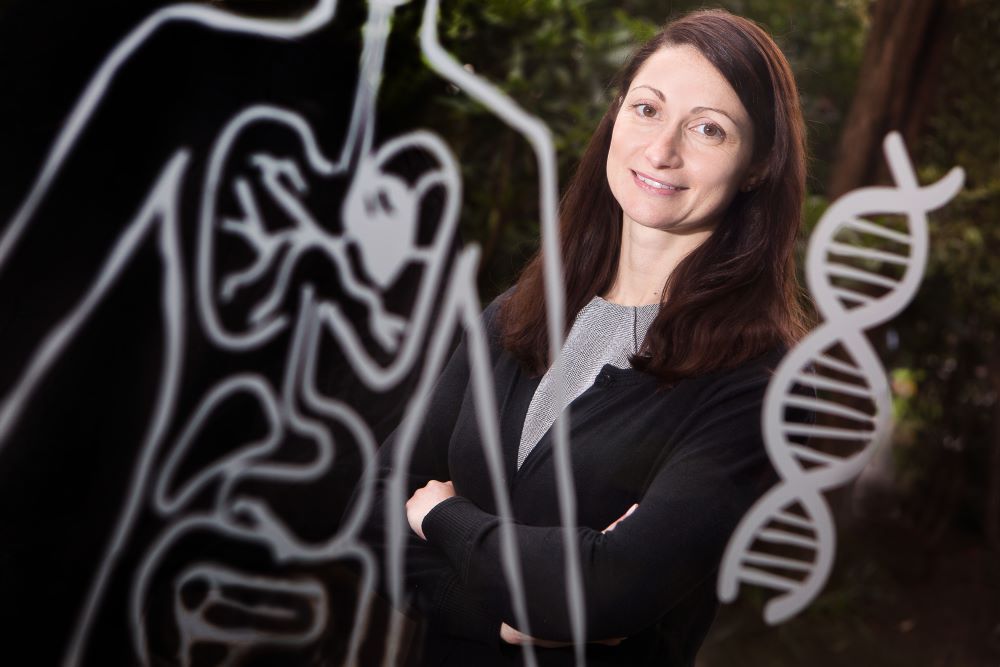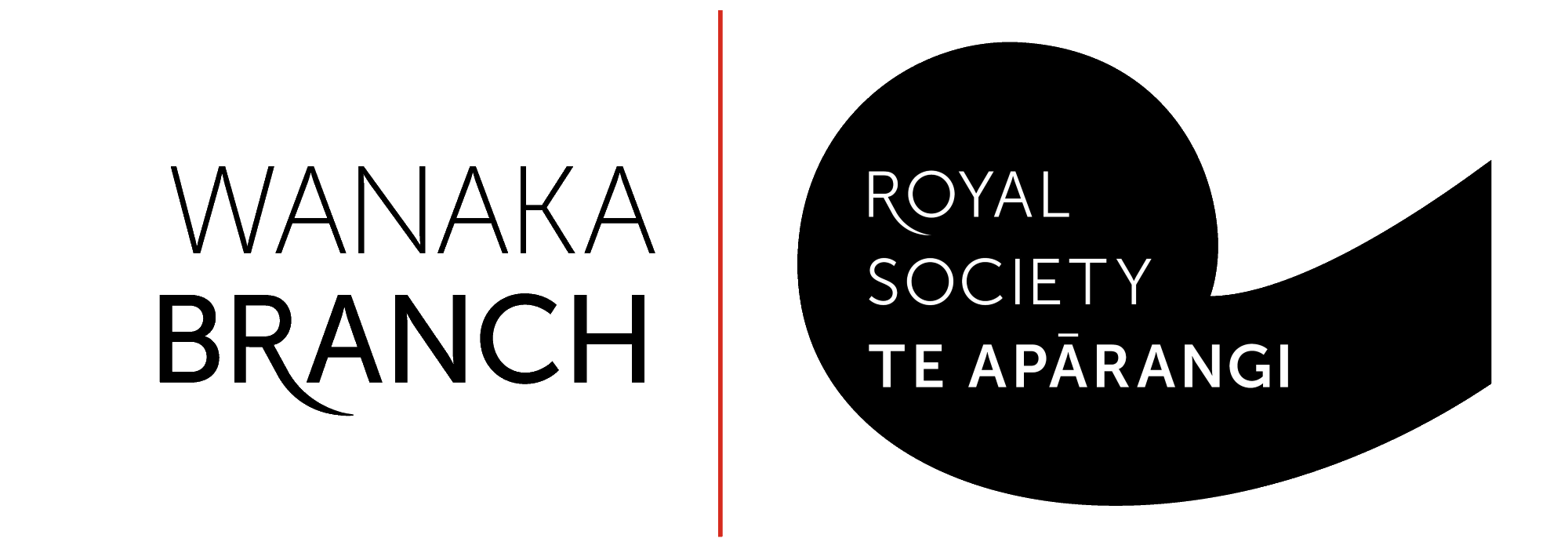Friday 24 April 6.00pm – 7pm. Online webinar (including question time) via Zoom. Connection details will be emailed to our branch members and anyone else who requests them – please email royalsocietywanaka@gmail.com.
Dr Sarah Diermeier, Department of Biochemistry, University of Otago.
No cost.
The past decades have seen striking progress in cancer diagnostics and treatment. Due to early detection and targeted treatments, cancer survival rates have increased significantly. However, the most aggressive types of cancer remain hard to tackle. The main cause of death in many cancer patients is due to the spread of tumours to distant organs, a process called metastasis. It is critical to identify and investigate new molecular targets that are able to stop tumour progression and metastasis. To date, most anti-cancer drug development has focused on a small percentage of the faulty genes that drive cancer. New technology now allows us to study the remaining 80% of genes that thus far remained hidden. Our research focuses on this “dark matter” of the human genome, a recently discovered class of molecules called non-coding RNAs. We investigate the role these molecules play in metastatic breast and colorectal cancer, two major health concerns in New Zealand. Our results indicate that non-coding RNAs are exciting new therapeutic targets in metastatic cancer. We propose an innovative therapeutic strategy that has potential to stop tumours from spreading, and comes with reduced side effects compared to the current standard of treatment. Ultimately, we aim to increase both survival rates and patient wellbeing for the most aggressive types of cancer.
Dr Sarah Diermeier is a Lecturer in the Department of Biochemistry at the University of Otago. Dr Diermeier received her PhD in 2013 from the University of Regensburg, Germany. From 2013-2017 she conducted research at Cold Spring Harbor Laboratory in the US. She received several prestigious international awards, the latest being a Rutherford Discovery Fellowship in 2018. Dr Diermeier’s current research investigates novel therapeutic targets in breast and colorectal cancer.


